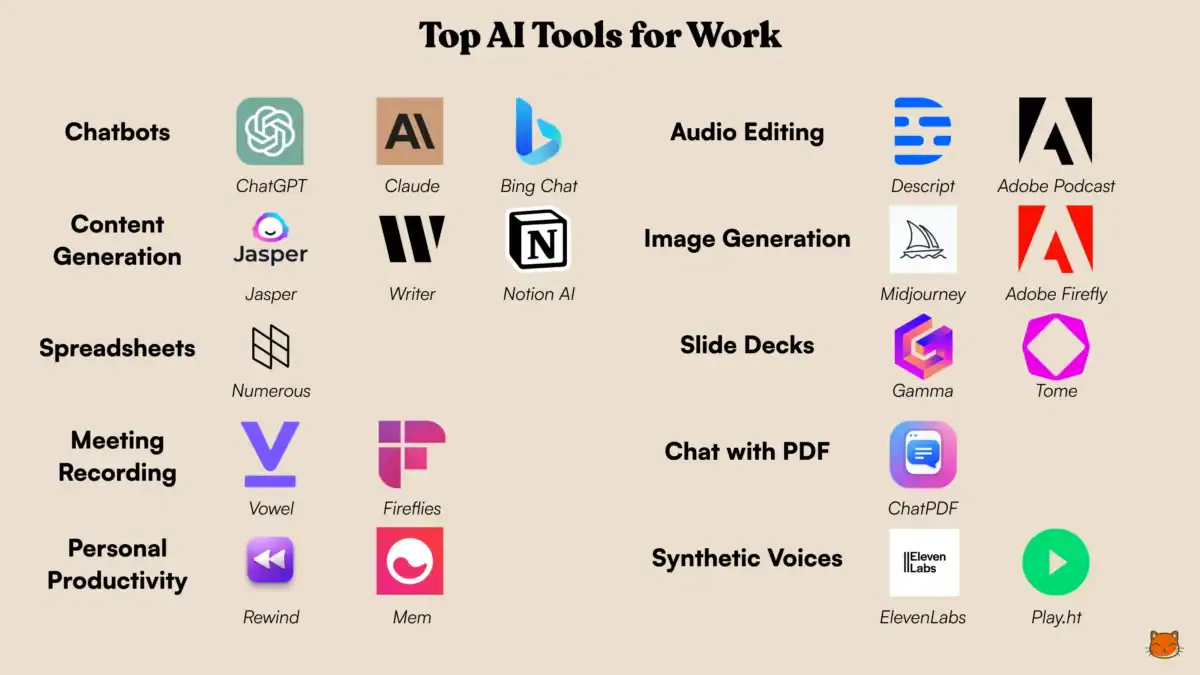By Ray’Chel Wilson
Artificial intelligence (AI) isn’t just hype or a Silicon Valley buzz phrase. For many people, the right AI tools are saving time, cutting costs, and preventing expensive mistakes. From catching tax errors worth thousands of dollars to helping small businesses keep up with paperwork, AI platforms like ChatGPT, Claude, and Perplexity are proving their value in everyday life.
What Makes a Good AI Tool?
Before jumping into specific platforms, it helps to know what separates a helpful tool from just another tech fad. Educator Dr. Leo S. Lo, Dean at the University of New Mexico, developed the CLEAR framework for prompt engineering, which guides users to craft better AI requests through five key principles: Concise, Logical, Explicit, Adaptive, and Reflective.
These qualities ensure clarity, flexibility, and reliability, all essential for getting useful results. With this in mind, here are three tools that stand out in real-world use.
ChatGPT: Everyday Helper
Think of ChatGPT as a digital assistant that’s always available to handle life’s small but time-consuming tasks. These aren’t complicated problems, but they can drain your time and energy.
ChatGPT works well for everyday needs such as:
- Creating a grocery list for a new meal plan.
- Planning a weekend trip on a budget.
- Finding the right replacement part for a household item.
What sets ChatGPT apart is its conversational style. If the first answer doesn’t work, you can respond with changes, “make it cheaper” or “no mushrooms”, and it instantly adjusts. It’s like brainstorming with a partner who never gets tired.
The key is knowing when to use it. ChatGPT is strongest at personal tasks that require creativity and organization. It’s not designed for in-depth financial analysis or corporate reports. But for planning your week or figuring out what to cook for dinner, it’s a practical time-saver.
Claude: The Document Detective
When faced with paperwork overload or large amounts of information, Claude acts like a digital research assistant. It can read through documents that would take hours to review and highlight what matters most.
Claude handles long and complex material effectively, including:
- Summarizing research notes.
- Analyzing interview transcripts.
- Restructuring lengthy grant applications.
What makes Claude stand out is its ability to retain detail. Unlike tools that only skim the surface, it tracks information across very long documents and returns key insights.
Users report success with files as large as 50 pages, where Claude identifies themes and inconsistencies that might otherwise be missed.
This makes Claude especially valuable for students, researchers, and small-business owners who need to process large volumes of information quickly.
It functions like a tireless assistant who never loses focus, freeing people to spend more time on decision-making instead of document review.
Perplexity: The Fact-Checker
Here’s the thing about AI: sometimes it makes things up. That’s where Perplexity comes in. It’s different because it always shows you where the information came from.
Perplexity is most useful when:
- Fact-checking or pulling current statistics.
- Looking up what experts or journals are saying on a topic.
- Avoiding “AI guesswork” by getting verifiable sources.
Unlike ChatGPT or Claude, Perplexity isn’t designed for creativity or conversation. Instead, it functions as a search-and-cite sidekick for writers, students, and researchers who need accuracy. Every response includes linked sources, research papers, news articles, or government reports, so you can click through and confirm information yourself.
This is especially valuable for decisions that require precision, or when you need to back up an argument with facts. With Perplexity, you don’t have to wonder, “Is this actually true?” You can check the source directly.
Which Tool Should You Use?
All three platforms are powerful, but each shines in a different role. Matching the right tool to the right task makes all the difference:
- Creative help? Use ChatGPT.
- Processing long documents? Turn to Claude.
- Fact-checking or finding reliable sources? Choose Perplexity.
The key is not chasing every new tech trend. Instead, focus on your goals, stay grounded in your values, and let these tools serve you, not the other way around.
The Bottom Line
These tools won’t solve every problem, but they can free up time, reduce information overload, and build confidence that you’re working with accurate facts.
The key is being intentional. Identify what you need help with, then pick the right tool for the job. Start with one, build comfort, and expand to others as needed.
ChatGPT, Claude, and Perplexity can save time, lower stress, and even prevent costly errors. For students, families, and small-business owners, the payoff is measured not just in convenience but in real financial and community benefits.
Ray’Chel Wilson, a Toledo native, is the author of the internationally selling Black Wealth Freedom workbook series and CEO of ForOurLastNames.






